TABLE OF CONTENTS :
- Introduction to Mushroom Tea and its Health Benefits
- What is Mushroom Tea?
- How Does Mushroom Tea Affect Blood Pressure?
- Scientific Studies Supporting Mushroom Tea and Blood Pressure Regulation
- Additional Health Benefits of Mushroom Tea
- How to Prepare Mushroom Tea for Optimal Benefits
- Potential Side Effects of Mushroom Tea
- Recent Recipes
- Frequently Asked Questions (FAQs)Conclusion
Does Mushroom Tea Lower Blood Pressure?
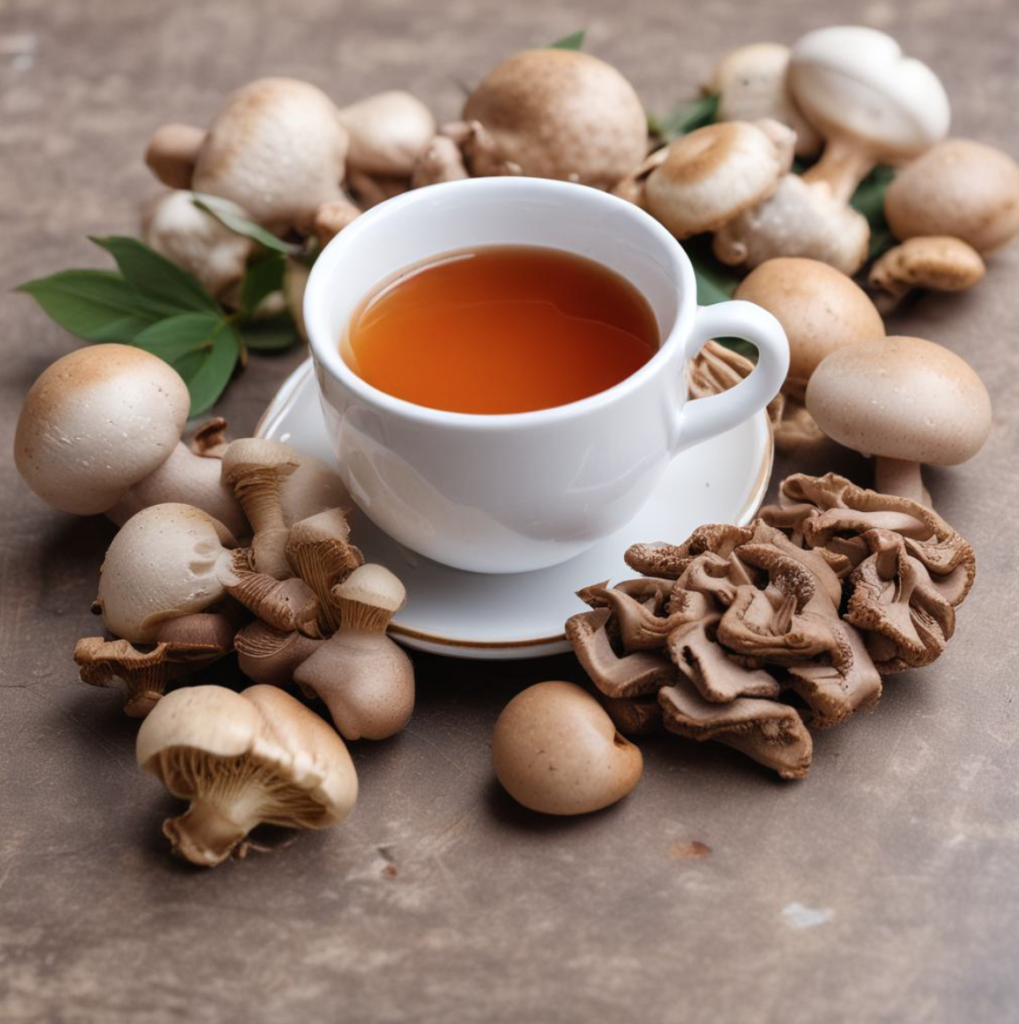
Mushroom tea has become increasingly popular for its wide range of health benefits, from boosting the immune system to improving cognitive function. One of the most intriguing claims surrounding mushroom tea is its potential to lower blood pressure. In this article, we’ll explore the science behind this claim, the types of mushrooms involved, and other health benefits mushroom tea offers. We’ll also cover how to prepare mushroom tea and any potential side effects.
What is Mushroom Tea?
Mushroom tea is a beverage made by steeping medicinal mushrooms in hot water. Different varieties of mushrooms can be used, each bringing its own unique set of benefits. The most commonly used mushrooms in mushroom tea include:
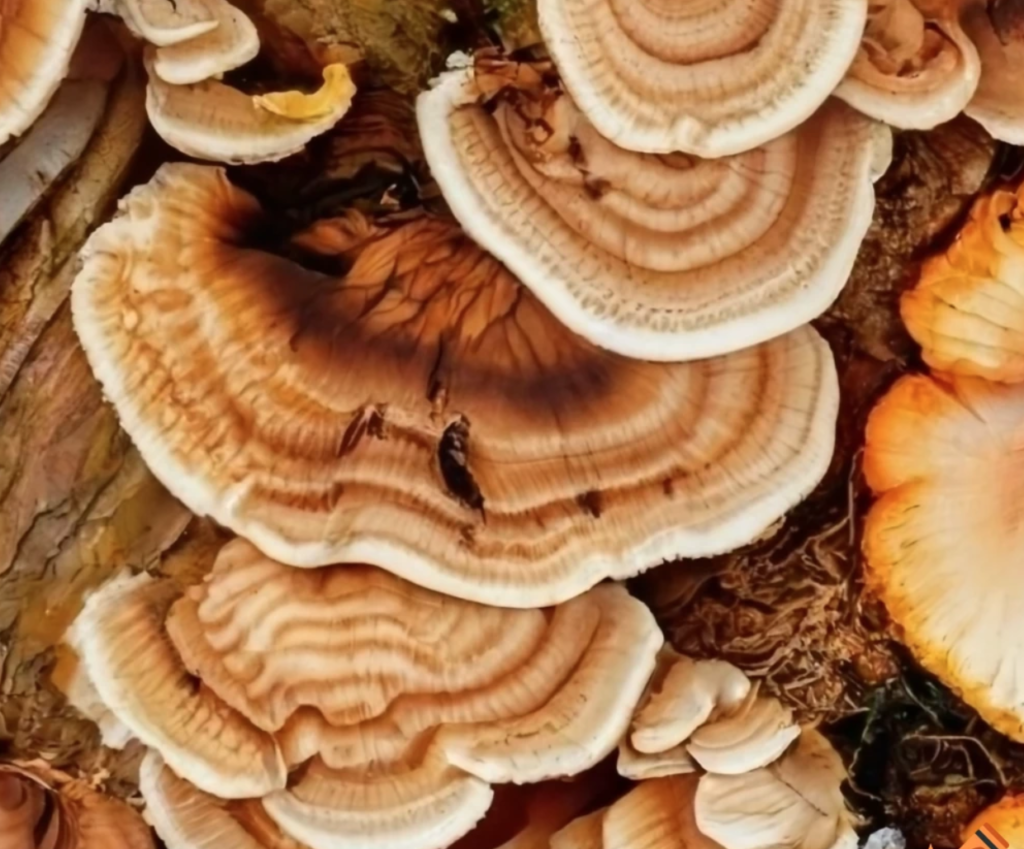
- Reishi: Known for its immune-boosting and stress-reducing properties.
- Chaga: Rich in antioxidants, Chaga helps fight inflammation and oxidative stress.
- Lion’s Mane: This mushroom is renowned for its cognitive benefits, including improved memory and focus.
- Shiitake: Shiitake mushrooms are not only a culinary delight but are also associated with improving heart health and lowering cholesterol.
- Cordyceps: Popular among athletes, Cordyceps is believed to boost energy and physical stamina.
While each mushroom has its own set of unique properties, certain mushrooms stand out for their potential to positively influence cardiovascular health and lower blood pressure.
How Does Mushroom Tea Affect Blood Pressure?
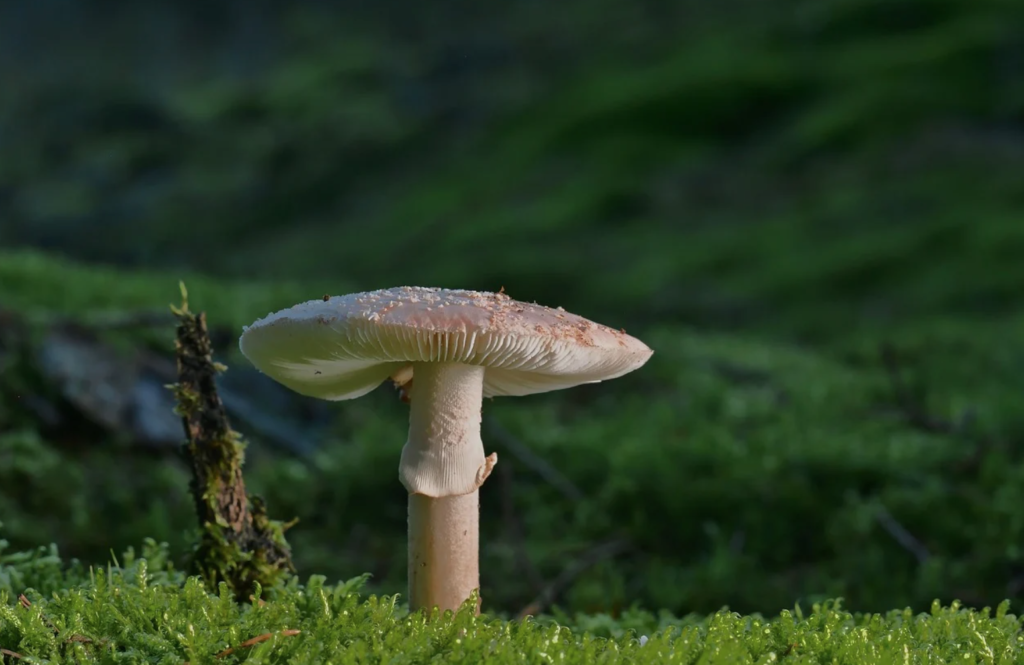
The question is, does mushroom tea actually help lower blood pressure? Several mushrooms have properties that suggest they may contribute to better heart health, including lowering blood pressure. The key mechanisms behind this are their anti-inflammatory, antioxidant, and adaptogenic properties, all of which play crucial roles in maintaining a healthy heart and regulating blood pressure.
Reishi Mushrooms and Blood Pressure
Reishi mushrooms, often referred to as the “mushroom of immortality,” have been used in traditional Chinese medicine for centuries to support heart health. Studies have shown that Reishi mushrooms may lower blood pressure by improving circulation and reducing inflammation in the arteries. The triterpenes found in Reishi mushrooms are believed to help reduce hypertension by preventing the constriction of blood vessels.
Research has indicated that Reishi mushrooms contain compounds that can inhibit the angiotensin-converting enzyme (ACE), an enzyme that contributes to the tightening of blood vessels. By inhibiting this enzyme, Reishi mushrooms can allow blood vessels to relax, leading to lower blood pressure.
Learn more about the cardiovascular benefits of Reishi mushrooms.
Shiitake Mushrooms and Heart Health
Shiitake mushrooms are rich in a compound called eritadenine, which has been shown to help reduce blood cholesterol levels. High cholesterol is a known risk factor for high blood pressure and heart disease. By lowering cholesterol, Shiitake mushrooms may help improve cardiovascular health and indirectly contribute to lowering blood pressure.
Additionally, Shiitake mushrooms contain beta-glucans, which are types of soluble fibers that help regulate blood pressure and promote healthy blood flow.
Explore more about Shiitake mushrooms and their benefits for heart health.
Chaga Mushrooms and Antioxidant Activity
Chaga mushrooms are known for their incredibly high levels of antioxidants. Antioxidants help neutralize free radicals, which can damage blood vessels and lead to increased blood pressure. By reducing oxidative stress in the body, Chaga mushrooms help promote better vascular health and may contribute to lower blood pressure.
Oxidative stress is a known factor in hypertension, and regular consumption of antioxidant-rich foods, like Chaga mushroom tea, can help manage or reduce the risk of developing high blood pressure.
Scientific Supporting the Benefits of Mushroom
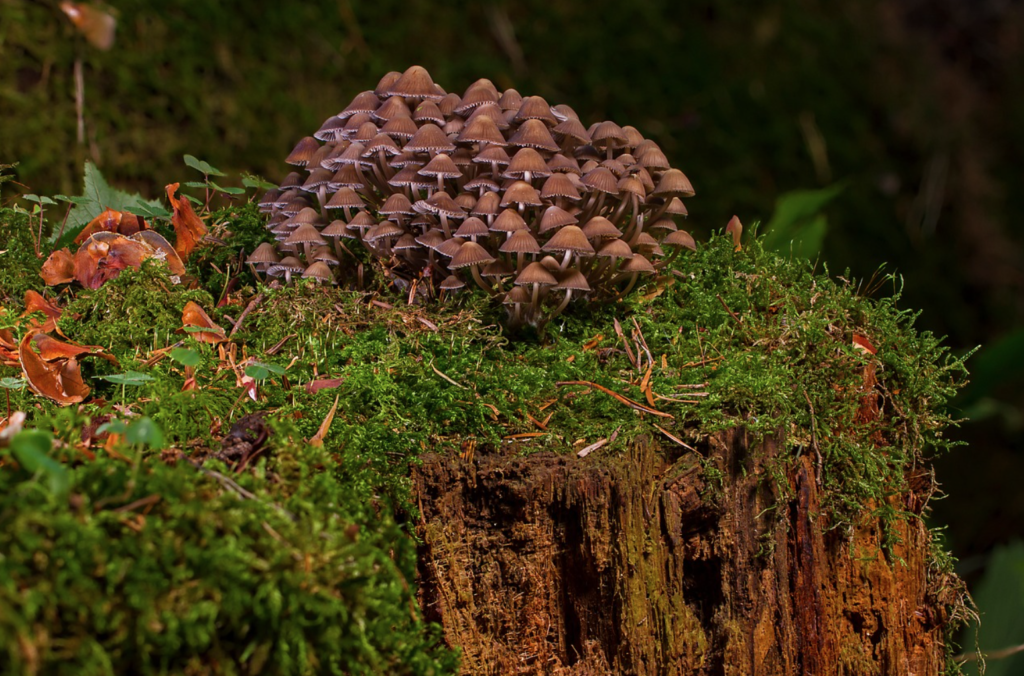
Research on medicinal mushrooms has gained traction in recent years, with several studies pointing to their potential cardiovascular benefits. Below are some key studies that highlight the role of mushroom tea in managing blood pressure:
- Reishi Mushroom Studies: A 2013 study published in the Journal of Traditional and Complementary Medicine found that Reishi mushrooms could significantly lower blood pressure in hypertensive rats. The study showed that the triterpenes in Reishi helped relax the smooth muscle of blood vessels, leading to improved blood flow and lower blood pressure levels.
- Shiitake Mushroom Research: Another study published in the International Journal of Medicinal Mushrooms highlighted the role of eritadenine, a compound in Shiitake mushrooms, in lowering cholesterol. Lower cholesterol levels are directly linked to better blood pressure regulation, as they prevent plaque buildup in arteries.
- Antioxidant Properties of Chaga: A study in the Journal of Agricultural and Food Chemistry emphasized the high antioxidant activity of Chaga mushrooms. The study concluded that the antioxidants present in Chaga could reduce oxidative stress, a key factor in the development of high blood pressure.
Other Health Benefits of Mushroom Tea
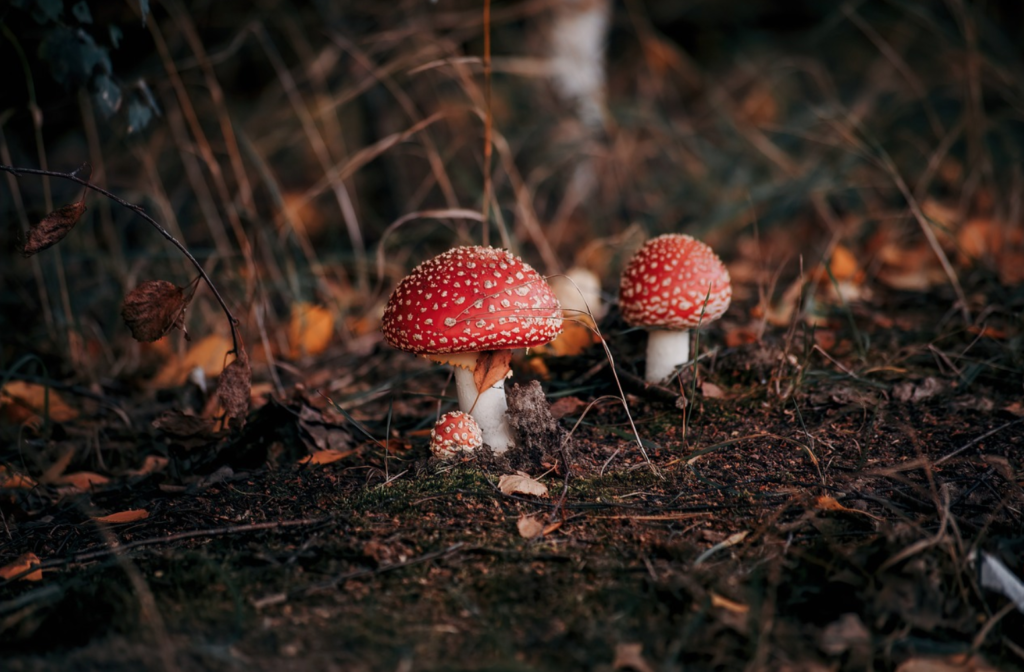
Aside from its potential impact on blood pressure, mushroom tea offers a wide array of other health benefits. These include:
1. Immune System Support
Mushrooms like Reishi, Chaga, and Shiitake are known for their immune-boosting properties. These mushrooms contain beta-glucans, compounds that enhance the activity of immune cells, such as macrophages and natural killer cells. This leads to improved defense against infections and diseases.
2. Cognitive Function and Brain Health
Lion’s Mane is a standout mushroom when it comes to cognitive health. Studies have shown that Lion’s Mane can stimulate the production of nerve growth factor (NGF), which is essential for the growth and maintenance of neurons. Regular consumption of Lion’s Mane mushroom tea may help improve memory, focus, and overall cognitive function.
3. Stress and Anxiety Reduction
Mushrooms like Reishi and Lion’s Mane contain compounds that help balance neurotransmitters in the brain. This balance can lead to reduced levels of stress and anxiety. Reishi, in particular, is known for its calming effects, making it a popular choice for those looking to manage stress levels.
4. Regulation of Blood Sugar
Maitake and Reishi mushrooms are both linked to improved insulin sensitivity, making them beneficial for those managing diabetes or looking to regulate blood sugar levels. Stable blood sugar levels are crucial for maintaining overall health, particularly cardiovascular health.
How to Prepare Mushroom Tea for Maximum Health Benefits
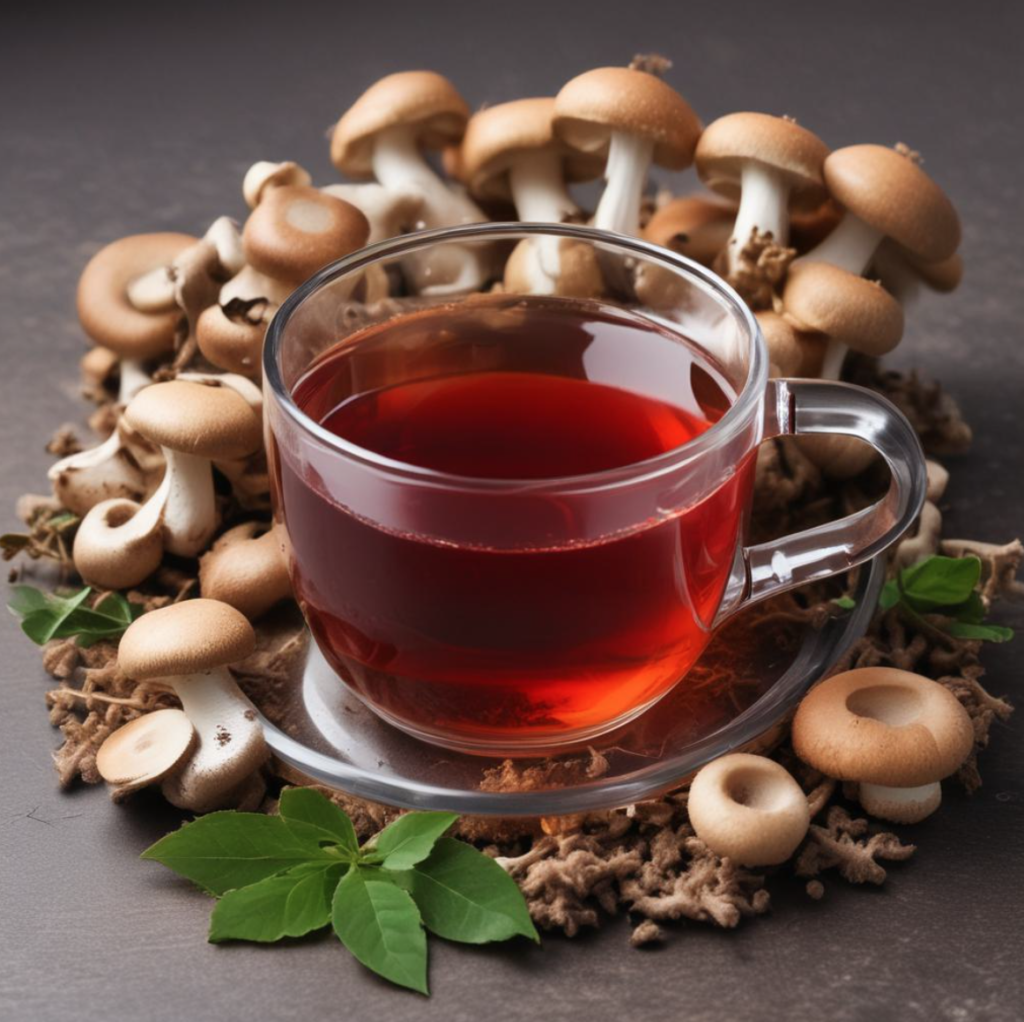
Preparing mushroom tea is a simple process, and there are various ways to enhance its flavor and health benefits. Here’s a step-by-step guide to preparing mushroom tea:
- Boil 1 cup of water.
- Add 1 teaspoon of dried mushroom powder (e.g., Reishi, Chaga, Shiitake) to a cup.
- Pour the boiling water over the powder and stir well.
- Let the tea steep for 5-10 minutes.
- Add natural sweeteners like honey, or spices like cinnamon or ginger for additional flavor.
You can also blend mushroom tea with other types of teas, like green tea or ginger tea, to further enhance its health benefits.
Potential Side Effects and Considerations
While mushroom tea has numerous health benefits, it’s important to be aware of potential side effects. Some people may experience:
- Digestive Issues: Mushroom tea can cause mild digestive discomfort in some individuals, especially when consumed in large amounts.
- Allergic Reactions: People with mushroom allergies should avoid mushroom tea to prevent allergic reactions such as skin rashes or difficulty breathing.
Always consult with a healthcare professional before incorporating mushroom tea into your routine, particularly if you are taking medications or have pre-existing conditions.
Recent Recipes :
Frequently Asked Questions (FAQs)
Does Mushroom Tea Really Lower Blood Pressure?
Yes, mushroom tea, particularly made with Reishi and Shiitake mushrooms, contains compounds that can help reduce blood pressure by improving blood circulation, lowering cholesterol, and reducing oxidative stress.
Can I Drink Mushroom Tea Every Day for High Blood Pressure?
Yes, you can drink mushroom tea daily, but it’s recommended to consult with your doctor to ensure that it’s safe for your specific health condition.
Which Mushroom Tea is Best for Lowering Blood Pressure?
Reishi and Shiitake mushroom teas are considered the best for supporting cardiovascular health and lowering blood pressure due to their potent medicinal properties.
Conclusion
In conclusion, mushroom tea offers an array of health benefits, particularly for those looking to manage their blood pressure naturally. With its rich content of antioxidants, anti-inflammatory compounds, and cholesterol-lowering properties, mushroom tea may be a valuable addition to a heart-healthy diet. However, it’s essential to consult a healthcare provider before making it a daily habit, especially if you have pre-existing medical conditions.

